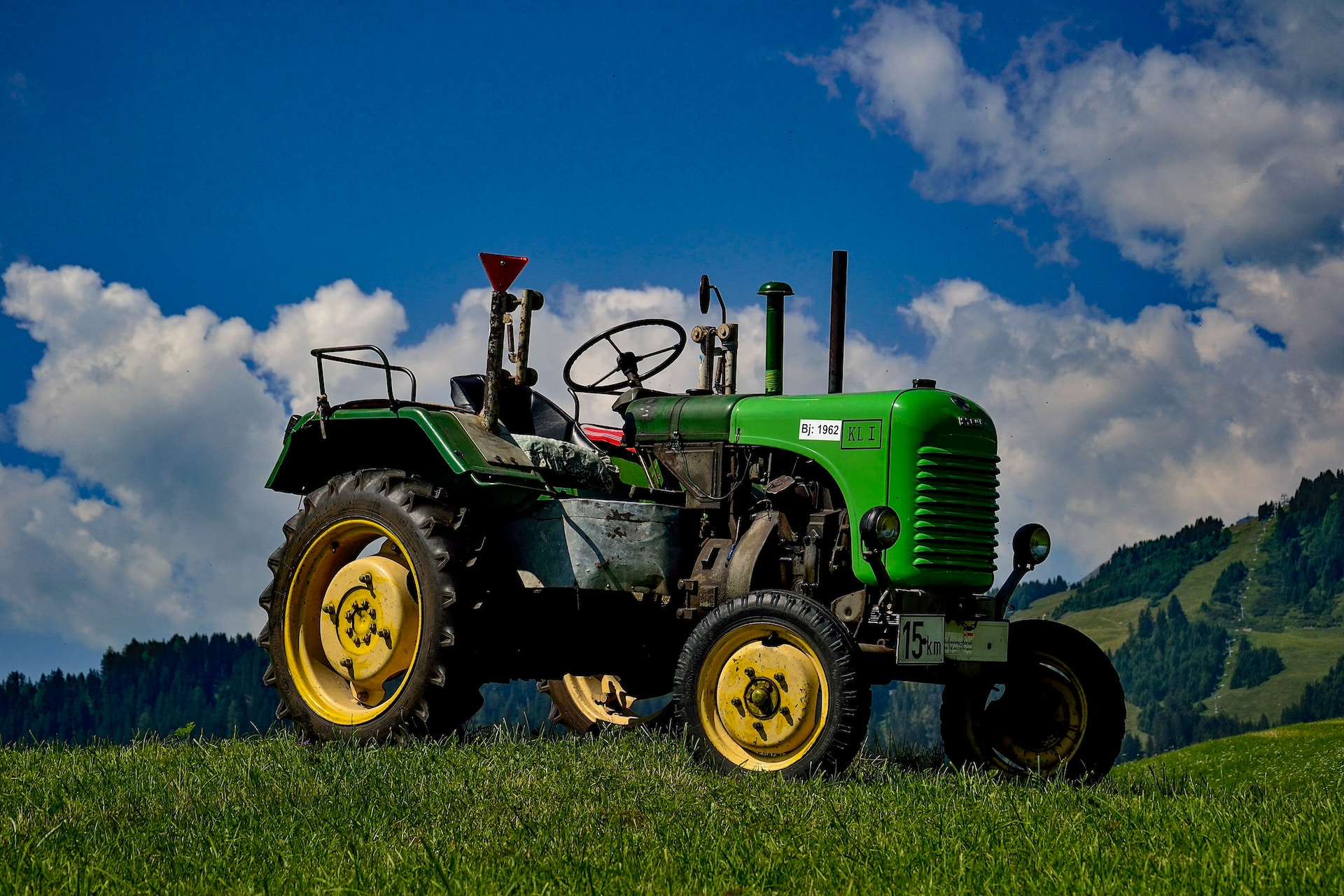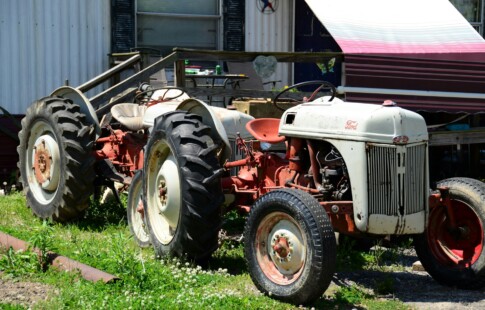
10 Farm Safety Tips for a Better Work Environment
We are reader-supported. When you buy through links on our site, we may earn affiliate commission.
Farmers work outdoors in all weather conditions, operate heavy machinery, and handle large animals on a daily basis. Consequently, farming is one of the world’s most dangerous jobs. Here are 10 farm safety tips anyone working in agriculture should know about.
1. Stay Cool in the Heat
With many farms experiencing record-breaking high temperatures, heat-related illness is on the rise. There were between 13,000 and 20,000 adult deaths linked to extreme heat in the United States from 2008 to 2017.
Farmers can take several steps to avoid heat-related stress on hot days, such as:
- Finding a shady spot in which to cool down during breaks
- Eating regular meals
- Drinking plenty of water and electrolyte drinks
- Wearing a cooling vest that uses water or ice packs to cool the wearer down
- Wearing a wet bandana around the neck
- Wearing a wide-brimmed hat, long pants, and long sleeves to avoid sunburn
2. Come to Work Well-Rested
Being sleep-deprived increases the risk of getting into an accident. Because farmers operate dangerous but necessary heavy equipment like tractors, hay balers, and combine harvesters, it’s crucial to get a good night’s sleep before working the next day. It’s also important not to work while sick or under the influence of alcohol. By working only when healthy and well-rested, farmers can reduce their chances of suffering work-related injuries.
3. Keep a First Aid Kit Handy
In an emergency, a first aid kit can mean the difference between getting the situation under control or having it escalate. It’s a good idea to keep first aid kits in barns and sheds where people are commonly injured. Additionally, farmers should keep a first aid kit in every vehicle.
Useful items to include in the kits include bandages, scissors, eye wash, instant cold packs, hand warmers, thermal blankets, electrolyte packs, and adhesive tape. It’s also important to include medications like allergy pills, an epi-pen, painkillers, and calamine lotion in the kit.
4. Work in Pairs or Groups
Heading out into the pasture alone means that if an accident occurs, it might be a while before anyone realizes something is wrong. Farmers who work with large animals, pesticides, herbicides, or heavy equipment should strongly consider working in pairs or groups. It doesn’t lower the risk of getting injured, but it means someone is always there to go get help in an emergency.
5. Regularly Update Equipment
Some older tractors don’t come with a rollover protective structure (ROPS) already installed. Farmers should outfit every old tractor with an ROPS, and if that isn’t possible, they should consider buying a newer tractor.
It’s important to ensure all flashers, reflectors, and lights work properly on every vehicle. Back-up alarms are another crucial component of heavy equipment safety, since they alert people that a vehicle is driving in reverse.
Farmers should replace missing rotating equipment shields and power take-offs. It’s vital to always shut power equipment off before leaving the operator’s station.
6. Exercise Caution Around Manure Pits
One of the dirtiest jobs on the farm is also one of the most dangerous. Dairy farmers must periodically clean out manure pits, which contain ammonia, methane, hydrogen sulfide, and carbon dioxide. Falling into a manure pit can lead to rapid asphyxiation. In 2022, there were 11 accidents involving manure storage facilities, eight of which resulted in deaths.
If farmers must enter a manure pit, they need to wear a self-contained breathing apparatus (SCBA) to avoid breathing in toxic gases. They should also wear a safety harness and have another person nearby to assist in rescuing them if necessary.
7. Keep Fire Extinguishers on Hand
Every building on a farm should have an ABC fire extinguisher — which is capable of extinguishing most fires — mounted on a wall. Grain drying and processing equipment, motor oil, and hay are just a few of the biggest fire risks on a farm, so it’s important to keep a fire extinguisher nearby.
Farmers should spray an extinguisher’s entire contents on a fire to ensure the blaze is put out. After use, a fire extinguisher must go back to a service facility to be refilled.
8. Take Breaks
Many farmers pride themselves on working long hours or not taking breaks during the workday. However, this attitude can lead to stress, burnout, weather-related illnesses, and injuries. Nonstop work is bad for the body and mind alike. It’s important for farmers to take periodic breaks to eat, drink, use the restroom, or sit down for a while. This is especially true when working outside in extreme weather conditions.
9. Handle Chemicals Safely
Farmers work with various chemicals that may pose a danger to human health. These include pesticides, rodenticides, and herbicides as well as fertilizers. It’s important for farm workers to follow these safety tips:
- Keep chemicals in their original, labeled containers
- Store chemicals in a designated cabinet or locker
- Wear PPE — personal protective equipment, such as gloves and a mask — when handling chemicals
- Post printouts of material safety data sheets near chemical storage areas
- Train all workers how to safely handle chemicals
- Keep cleanup supplies near chemical closets in case of a spill
10. Follow Grain Bin Safety Procedures
Falling into a grain bin can be deadly. As grain engulfs a victim, the crushing pressure squeezes their lungs and makes it impossible to take in a full breath. Buried under corn or soybeans, a victim may also simply run out of oxygen or die from the blunt force trauma of thousands of pounds of material falling on them.
Because most grain bins are located in rural areas, victims are usually far from a hospital, lowering survival rates even in the event of a rescue. The best way to prevent grain entrapment is to never enter a grain silo. Storing grain at the proper moisture and temperature level ensures that the kind of clumps that require management will not form in the grain.
Staying Safe on the Farm
Farming jobs can be inherently dangerous. Thankfully, there are many ways to improve farm safety without compromising productivity or worker comfort. By implementing these 10 tips, agricultural workers can enjoy their job safely for years to come.
Share on
Like what you read? Join other Environment.co readers!
Get the latest updates on our planet by subscribing to the Environment.co newsletter!
About the author
Steve Russell
Steve is the Managing Editor of Environment.co and regularly contributes articles related to wildlife, biodiversity, and recycling. His passions include wildlife photography and bird watching.





